Features
‹View Table of Contents
8 Tips for College Women’s Health and Safety

Going to college can be an exciting time for women of all ages. It’s an opportunity to gain new knowledge and experiences, both inside and outside the classroom. Maintaining good mental and physical health are important to a successful college experience. Students and institutions can work together to ensure a safe and healthy college experience for all.
Read on to learn eight tips for college women’s health and safety.
Todos Somos, Somos Uno (We are All, We are One): Pathways to Equity
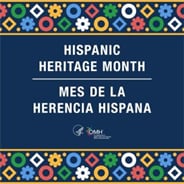
One of the greatest strengths of our country is its rich diversity. Each year, we celebrate National Hispanic Heritage Month from September 15 to October 15. During this month, we commemorate the diverse cultures and many contributions Hispanic or Latino people make to U.S. society.
Read on to learn more about some of the factors that influence health for Hispanic and Latino people in the U.S. and its territories. Explore what CDC is doing to ensure Hispanic and Latino people have a fair and just opportunity to achieve their highest level of health. Share this information in your community!
Showcase: Lewis Scholars and Ferguson Fellows
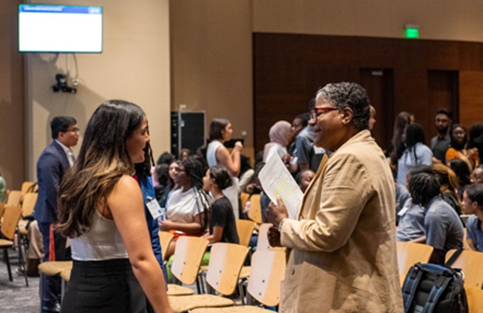
As part of CDC’s efforts to produce a nation free from health disparities and characterized by health equity, CDC’s Office of Health Equity (OHE) is proud to support the CDC John R. Lewis Public Health Scholars Program (Lewis Scholars Program; undergraduate) and the Dr. James A. Ferguson Emerging Infectious Diseases Fellowship (Ferguson Fellowship; graduate). The Lewis Scholars and Ferguson Fellowship Programs provide intensive applied and instructional public health training and mentorship to talented students and recent graduates with special interest in eliminating health disparities and achieving health equity.
This summer, CDC welcomed 270 scholars and fellows to Atlanta for a multi-day Summer Showcase, under the theme, Moving Forward toward Health Equity with a Strong Public Health Workforce. The Summer Showcase is an integral part of the scholars’ and fellows’ experience, as it provides participants an opportunity to network, learn, and share their public health projects through poster presentations.
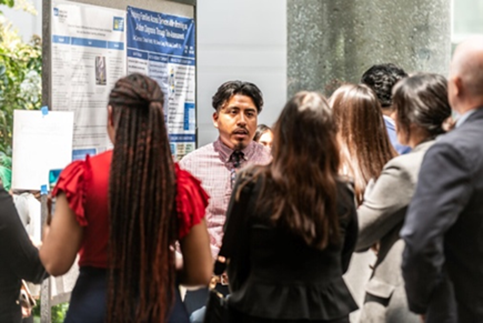
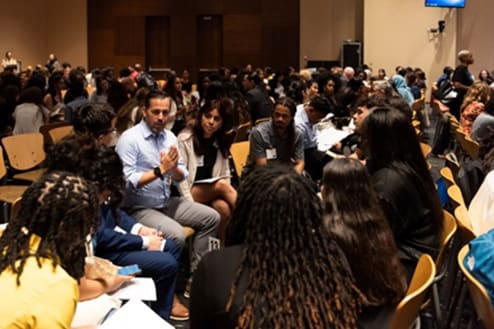
This year’s poster presentations focused on a range of topics, such as addressing health disparities in chronic and infectious diseases, developing and implementing culturally responsive communication campaigns, and examining anti-bias language in health policies and procedures. Scholars and fellows described innovative approaches in their presentations, informing emerging best practices and offering compelling directions for future work in the elimination of health disparities and advancing health equity.
Along with poster presentations, the event included expert panels; speed mentoring sessions; networking opportunities; a keynote speech by José T. Montero, MD, MHCDS, director, Office of Recipients Support and Coordination, National Center for State, Tribal, Local, and Territorial Public Health Infrastructure and Workforce; and a featured presentation by Dr. Nirav Shah, principal deputy director of CDC. The Ferguson Fellows received a keynote address from Scott Santibañez, MD, MPHTM (CAPT, USPHS), Chief Medical Officer, Division of Infectious Disease Readiness and Innovation, National Center for Emerging and Zoonotic Infectious Diseases, CDC.
How the Social Vulnerability Index (SVI) Provides Insights into Vaccination Coverage Inequities
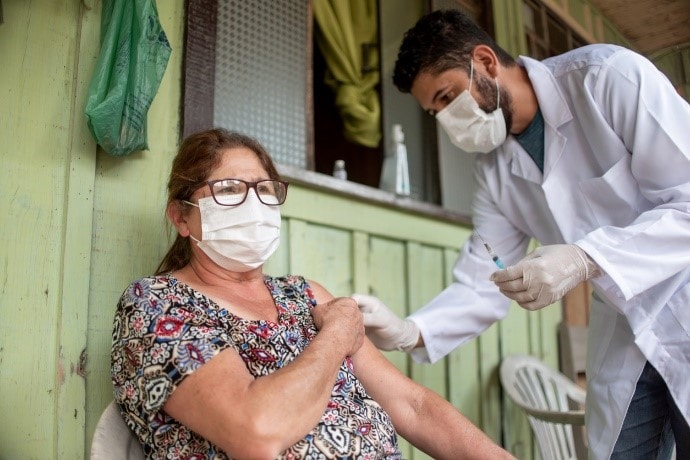
Since the start of the COVID-19 pandemic, people in racial and ethnic minoritized groups have experienced challenges accessing and accepting vaccinations. Research has shown that social disadvantage, and by extension social vulnerability, increase health disparities for many populations. The Social Vulnerability Index (SVI) is a tool that can identify and quantify social needs of vulnerable communities during public health emergencies.
Read more about the SVI and what CDC is doing to support vaccine equity in the latest Conversations in Equity blog post.
Disability Inclusion as a Cornerstone for Health Equity
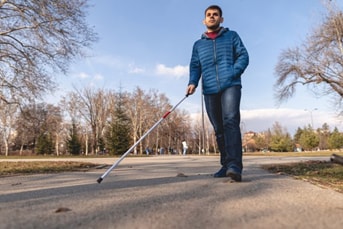
Do you know someone with a disability? That someone could be you, your child, your parent, a neighbor, or a colleague at work. One in four adults in the United States reports having some form of a disability. Although having a disability is quite common, understanding how best to support and engage people with disabilities is not as widespread. Disability inclusion ensures that people with disabilities have the same opportunities as everyone else to go to school or work, attend faith-based institutions, access quality healthcare services, and public health programs, and actively engage within their communities.
Learn more about disability inclusion and its role in achieving health equity for all.
Recap: 2023 National HBCU Week Conference
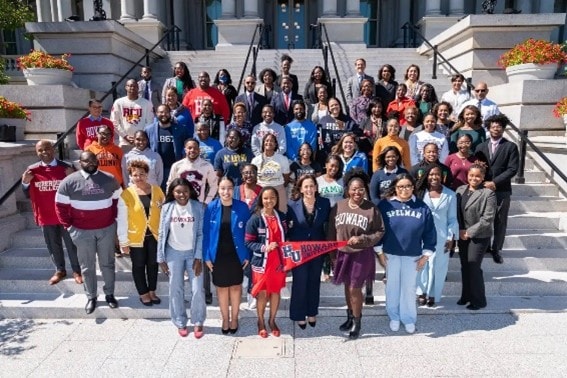
In August of 1980, President Jimmy Carter signed Executive Order 12232, directing the Secretary of Education to “implement a Federal initiative designed to achieve a significant increase in the participation by historically Black colleges and universities (HBCUs) in Federally sponsored programs.” This order set the precedence for efforts to help ensure equity of HBCU participation in federally sponsored programs. Each of the seven subsequent Presidents of the United States signed Executive Orders to renew or reestablish this initial directive to invest in HBCUs. In September 2021, President Biden not only signed an Executive Order to re-establish the White House Initiative on Advancing Educational Equity, Excellence, and Economic Opportunity through HBCUs but also issued a proclamation recognizing National HBCU Week.
This year, several CDC staff members attended the 2023 National HBCU Week Conference and were able to meet with HBCU leaders, representatives, students, alumni, and other federal and private partners who are working to advance educational equity, excellence, and economic opportunity through HBCUs. Read about their experiences in the Conversations in Equity blog post.